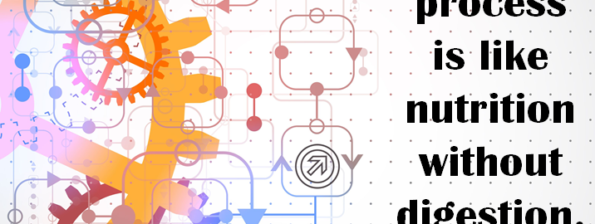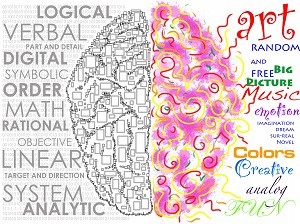Tag Archives: cognition
04 Jul Cognitive Multi-Processing

Joe Roushar – July 2017 Divide and Conquer Swarm computing applications, with large numbers of autonomous agents are beginning to appear and deliver stunning results. The combination of autonomy, simple tasks and parallelism has great power. Today I’ll address parallel computing and models for breaking down computational problems. I will not address the question of autonomy today, […]
29 Dec Unhuman Expertise
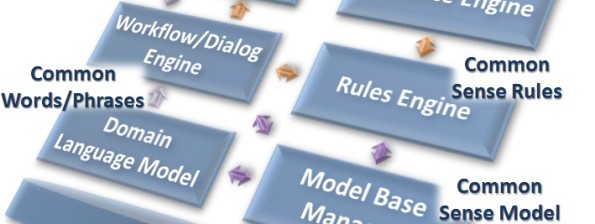
Artificial Intelligence has suffered from a persistent scale problem: up to now, many techniques have been shown to work well and reliably in narrowly defined domains, but outside the domains of their expertise, they fall apart very quickly. No techniques of which I am aware, have exhibited common sense in the way we expect humans […]
10 Dec Measuring Knowledge

Sometimes you need to know about your knowledge. When you’re in the middle of trying to build a system that knows stuff, you may ask, how much does the system know after this training or learning cycle as a percent of the total knowable amount? When we test students in their learning cycles, we use a […]
26 Nov Planning and Scheming
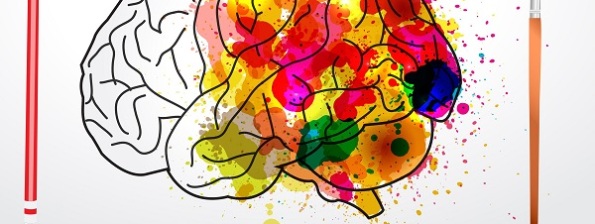
Select a Knowledge Representation (KR) Scheme In prior posts I have been describing the steps of building knowledge systems. A major part of Step 3: Task 1 is defining how to store knowledge – selecting a scheme. Giarratano and Riley (1989) suggest making the selection of a scheme, such as rules, frames or logic, dependent upon […]
20 Nov Identifying and Acquiring Knowledge

One of the simplest knowledge systems is a photograph. It consists of a systematically arranged collection of pixels and its design is based almost completely on framing and focusing. Specifying knowledge software involves framing the knowledge domain and focusing on the aspects that are meaningful to users, and the constraints that affect meaning. By so saying, […]
27 Oct The Nature of Innovative Thinking

Mental Exploration The shape of the world changed radically when folks from the eastern and western hemispheres became aware of one another and of their respective geographies. The Age of Exploration (AKA the Age of Discovery) was amazing – or should I say “it is amazing”? While the focus has changed from continents and cultures, to galaxies […]
21 Oct Fuzzy Interconnectedness

Fuzzy and Interconnected Techniques Section 5 suggests that the software of cognition is very fuzzy and able to operate efficiently even without having complete or totally accurate information. We said that we want to replicate that flexibility. We spoke in Section 7 about different fuzzy approaches for representing and processing information. These approaches include artificial […]
17 Oct Neural Conceptual Dependency
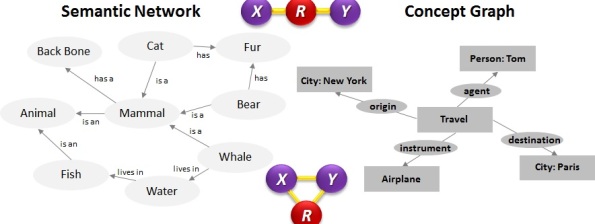
Conceptual Dependency Much of this blog has been about knowledge representation: how the brain might learn and process it, how cognitive functions treat knowledge, and now, how computers may store and process it. Conceptual structures and conceptual dependency theories for computation have been useful for categorizing and representing knowledge in intuitively simple and cognitively consistent […]





